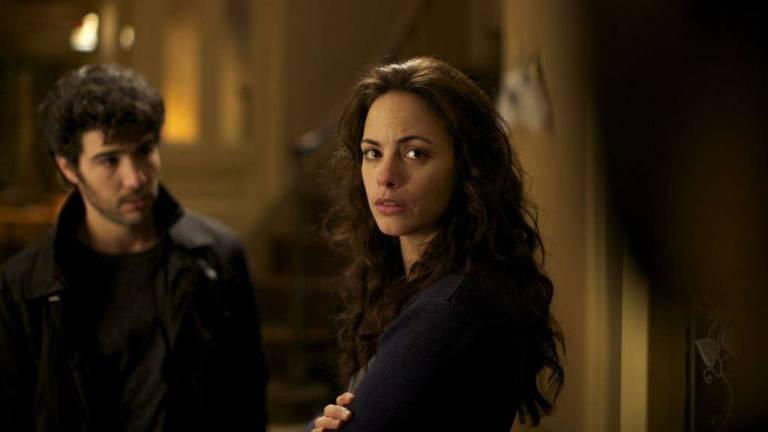'The Past' Augurs a Healthy Future for Farhadi

Is Asghar Farhadi one of the world's great sadists? How else to explain his seeming revelry in the painful fissures in relationships between loved ones? His last film, the self-explanatorily entitled A Separation, proved to be not just a major success story for Iranian cinema, but one of the most essential movie-going experiences of the young century. Well, as Poltergeist's Carol Anne Freeling might warn, "He's back!" with his latest heartbreaker, The Past. Don't expect cheap scares in worthy, if not quite riveting, successor to A Separation, however ? what's jarring is just how recognizable the flaws in his cluttered characters will be. Keeping us on edge from the outset is that director-writer Farhadi never gives viewers the safety of knowing quite which character to side with. Is it Ahmad (an excellent Ali Mosaffa, who reportedly learned French for his performance), who has returned from Tehran to the suburbs of Paris to grant a divorce to his estranged wife Marie (Bérénice Bejo)? Having the airline lose his luggage initially makes us sympathize with him. But seeing a cast around Marie's injured wrist piques our curiosity and curries sympathy in her direction too. Said compassion subsides, however, when we learn that Marie wants to marry younger laundry owner Samir (Tahar Rahim, of A Prophet), whose wife remains comatose following a suicide attempt. And yet the more we see of Samir, the more we want him to be happy as well. Just entering Marie's home clues us into her frayed life and the toll it takes on her children: teen Lucie (Pauline Burlet) and the younger Lea (Jeanne Jestin). Farhadi never explains the full dynamic, but eventually we intuit that both girls were born to Marie and a husband previous to Ahmad, though Lucie feels a strong connection to her stepfather, and Lea spends most of her time with Fouad (Elyes Aguis), Samir's son who spends most of his time under Marie's roof and is close in age to Lea. Not unlike, improbable as it may sound, James Cameron did during Titanic, Farhadi guides his audience through this messy, foreign space, until before we realize it, we understand where we are and how each room, and each room's inhabitants, relate to one another. The Past makes for a fascinating amount of unraveling, requiring real work on the audience's part, especially because as this extended family communicates, not all of their stories are to be trusted, some due to outright mendacity, some due to mere subjectivity. Have I made The Past sound obtuse? It's anything but ? Ahmad, Marie and Samir comprise an intriguing puzzle that has no cover model. What hooks us in is the way Farhadi peels back the layers of both character and situation (some of which delve into melodramatic territory). Cinematographer Mahmoud Kalari provides invaluable assistance in shading in these adults' ever-changing moods, and the film's performers ? adult, adolescent and children alike ? offer portals into human culpability, the way adults lash out at each other when they are angriest at themselves, and the way we turn to others to justify the decisions that haunt us. Bejo, in particular, frequently pierces Marie's stoic, tight-lipped armor to reveal the immature woman beneath. In some ways, these actors overcome some of Farhadi's narrative trouble spots. I wish that he hadn't given his three principal roles an out at various points, for it makes this tangled web a bit too cleanly schematic after such a disorienting beginning. However, by overlapping our perspectives of the inner lives of Marie and her men, he enables a bigger mosaic. It's this understanding that emotions exist in a liquid state rather than a solid one, and the result is multi-culti experience that could never be accused of being all wet. The Past is currently playing at Lincoln Plaza Cinemas.